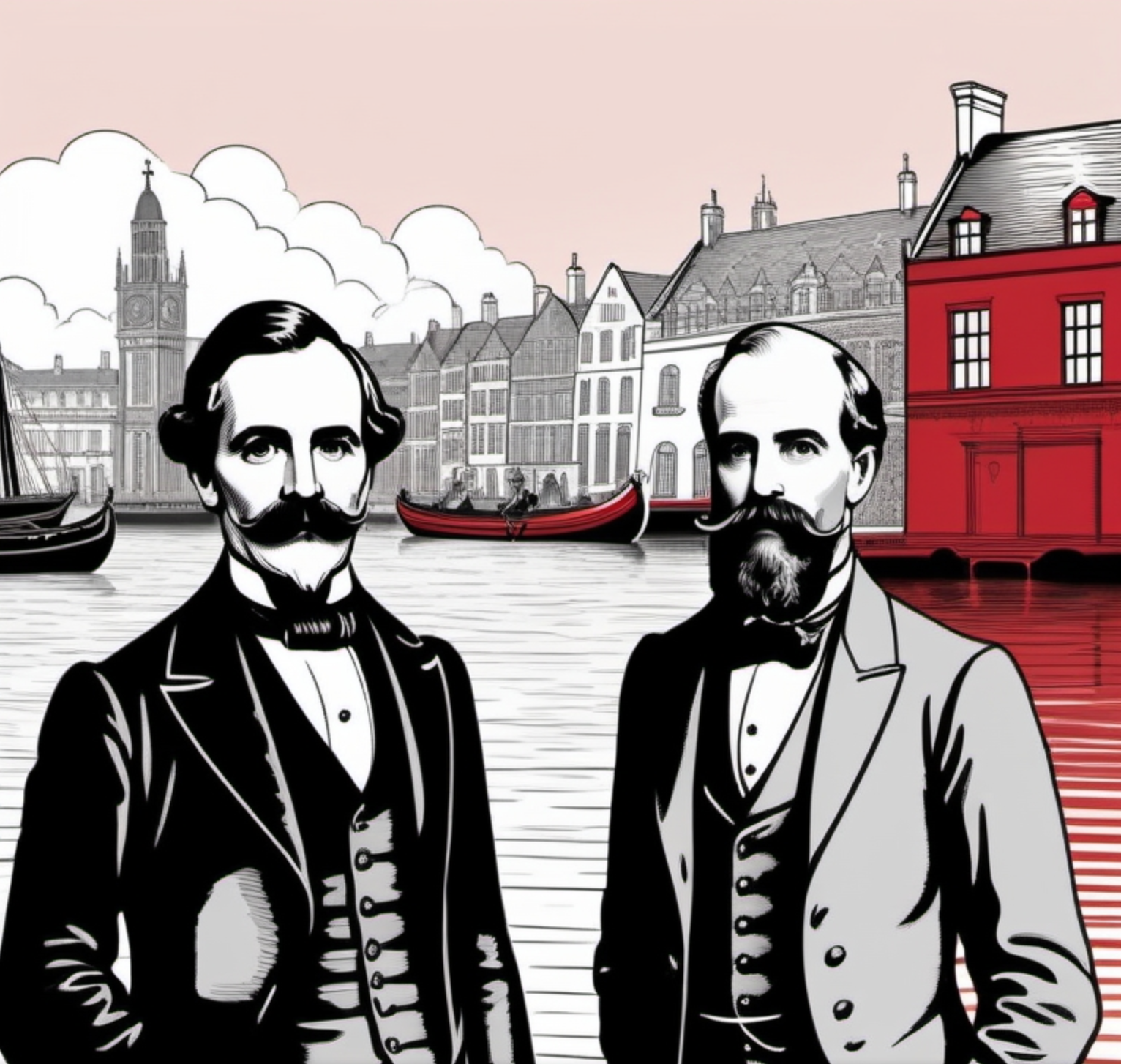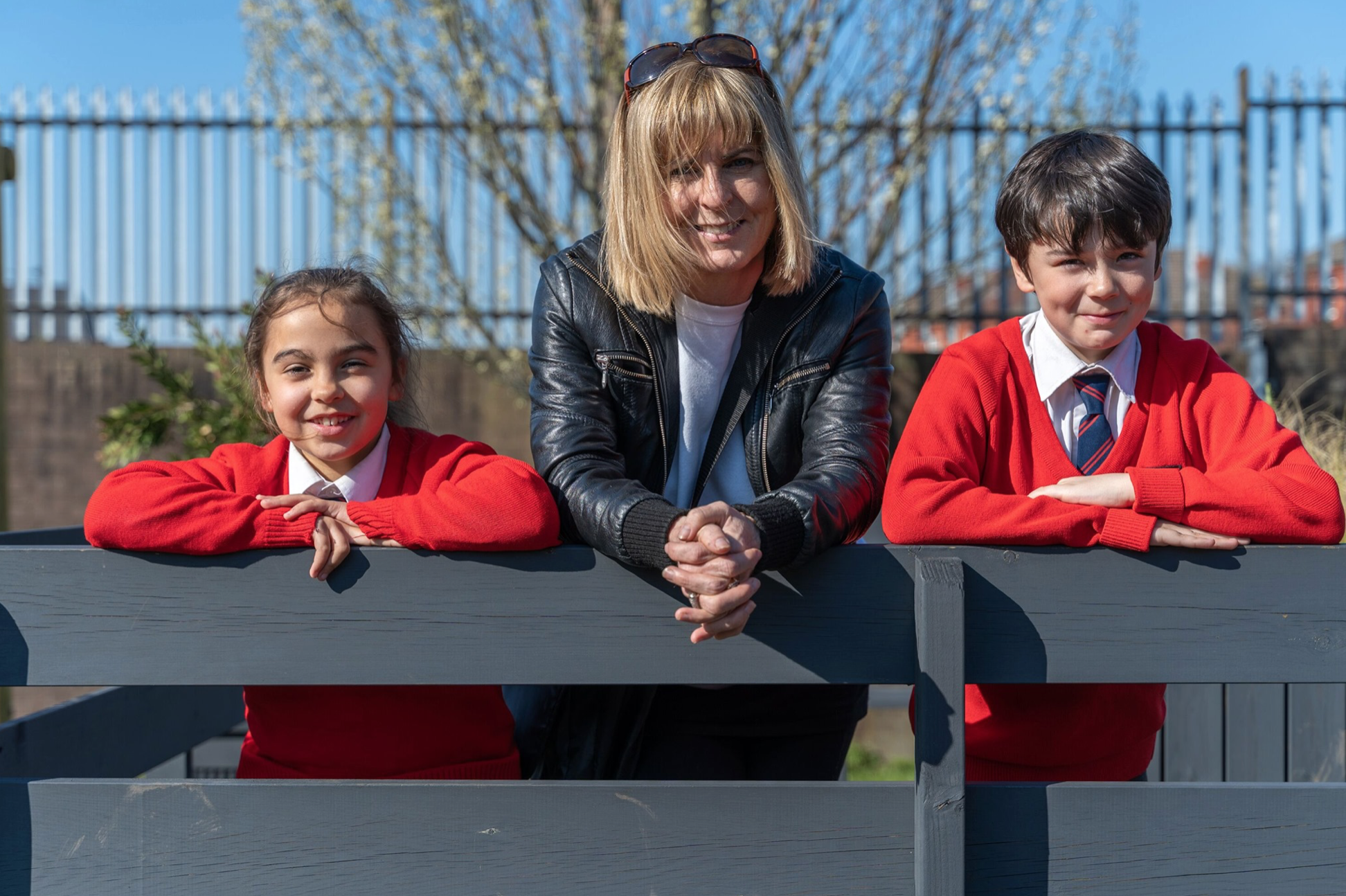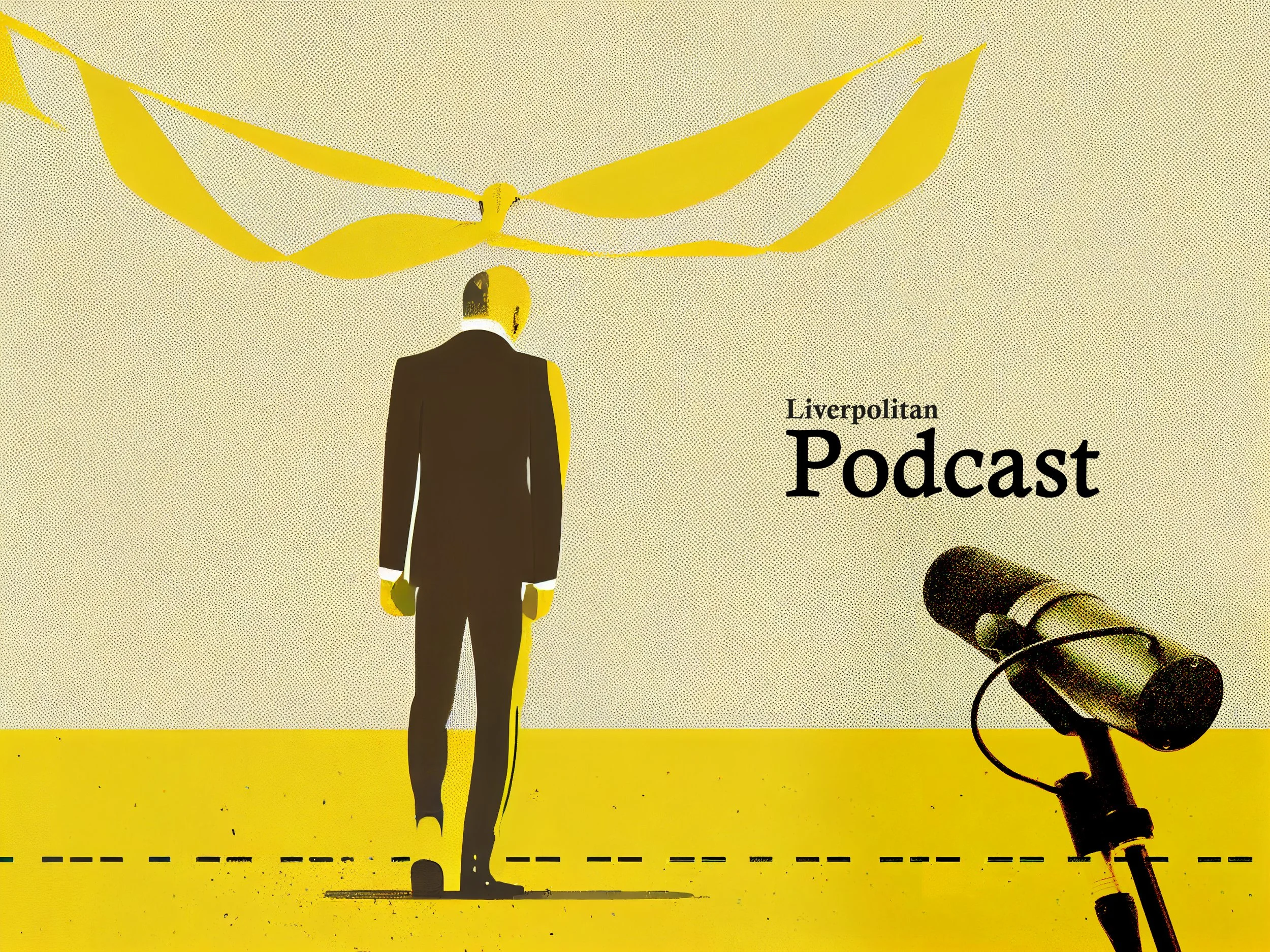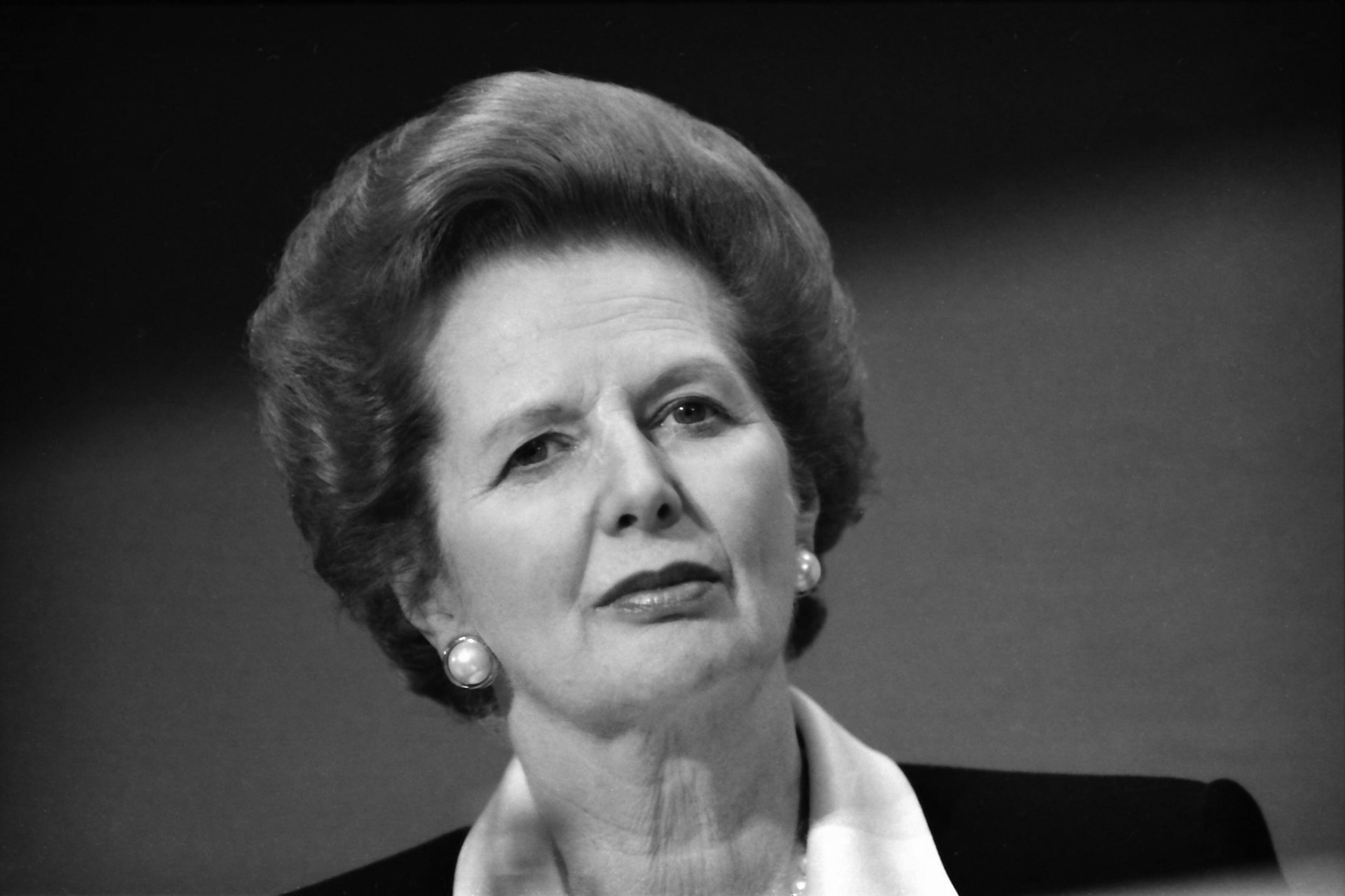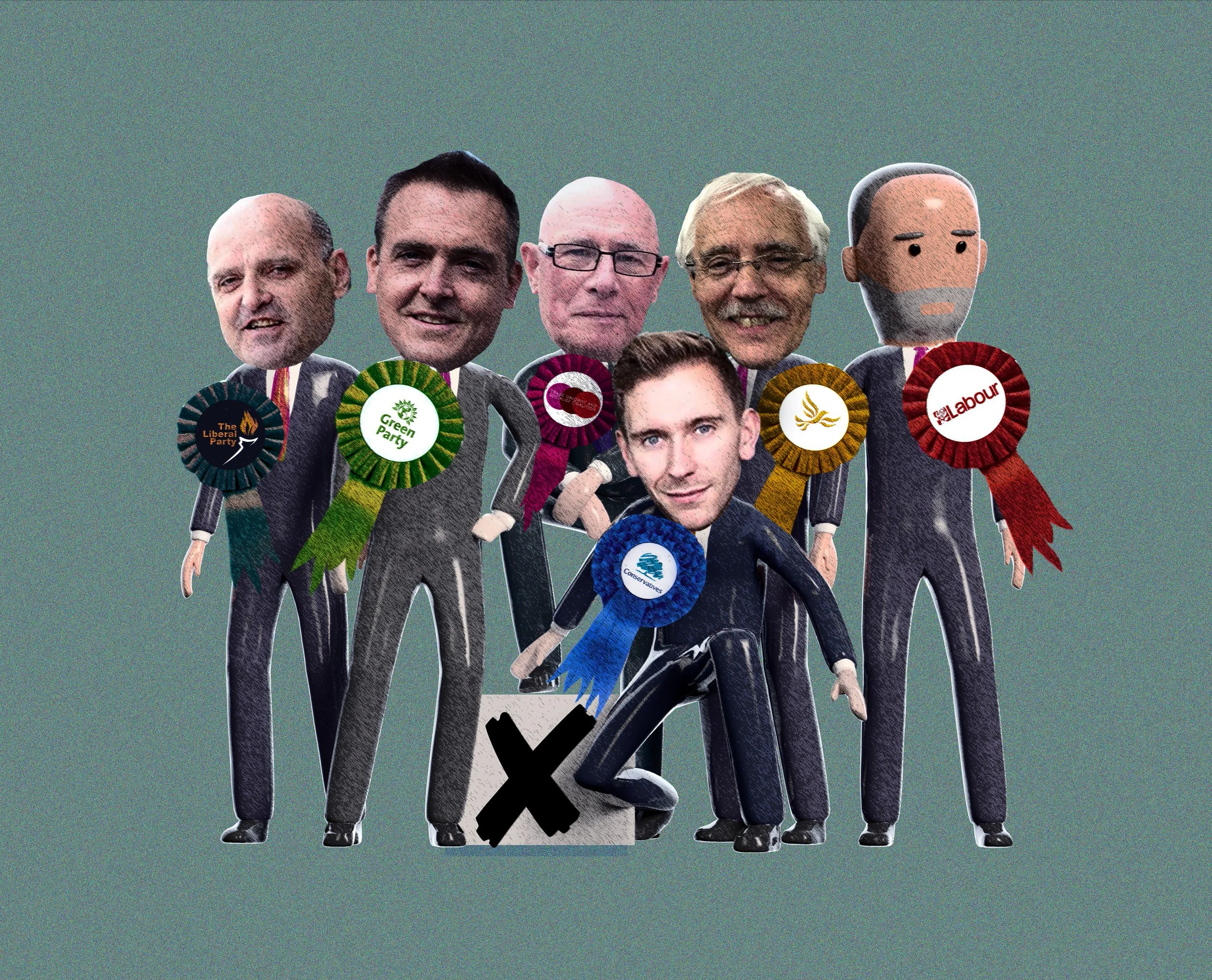Recent features
Child Labour
The latest local election results confirmed an ongoing trend – Liverpool’s councillors are being recruited at an ever younger age. But with low turnouts and widespread voter apathy, what does the emergence of ever more fresh-faced political candidates say about the health of Liverpool’s political culture? And should experience and proven competence trump youthful enthusiasm?
Michael McDonough and Paul Bryan
The latest local election results have confirmed an ongoing trend - Liverpool councillors (especially Labour ones) are being recruited at an ever younger age.
Sam East (Warbreck) and Ellie Byrne (Everton) both in their early twenties, join the likes of Harry Doyle (Knotty Ash), Frazer Lake (Fazakerley) and Sarah Doyle (Riverside) who became councillors at ages 22, 23, and 24 respectively (give or take the odd month – feel free to correct us). The latter three are now all serving in senior positions as part of the Mayor’s Cabinet.
Labour are not the only ones playing to this trend though. On the Wirral, Jake Booth, 19, took a seat last year for the Conservatives while in Liverpool the Tories recently appointed the frankly mature in comparison, Dr David Jeffery as their Chairman at the ripe old age of 27 (though he’s not a councillor).
The emergence of ever more fresh-faced local political candidates, which is often presented as energising and key to connecting with the city’s younger generation is nevertheless curious. Traditionally, solid life experience and proven competence in some other field of endeavour have been seen as valuable traits essential to making a decent fist of a job in public office. Demonstrable skills and previous success, which take time to accrue, have acted as a semi-reliable predictor that a candidate will land on their feet. But that kind of thinking is out of fashion. A fresh, young face is the recipe de jour.
Except it doesn’t seem to be working. The turnouts in the latest by-elections were abysmal- the puny 17% turnout in Warbreck putting the even more atrocious 14% in Everton to shame. Perhaps this should be a lesson that viewing politics though the lens of identity resonates far less than actually being credible.
None of this is to suggest that young people shouldn’t be in politics - far from it! And you could argue the older generation haven’t exactly pulled up any trees. Age and ability are not guaranteed bedfellows and we’ve all met unwise old-hands who are best left in the stable. But surely, even amongst the parroted outcries of ageism, track record counts for something?
The comments in the Liverpool Echo were a peach. “Shouldn’t those two be in school?” said one. “What life experiences can they bring to their roles. Jesus Christ!” said another. L3EFC expressed some doubt that “People fresh out of Uni” would be able to “stand up to the people who grease the wheels in this town.”
Which means we have to ask the question… can it be right that such inexperienced councillors are representing these deeply challenged areas which are crying out for leadership that can deliver on the ground? Will Councillor Ellie Byrne, the daughter of a sitting MP, deliver the kind of positive change Everton desperately needs? Does Councillor Sam East have the real-world nous to effectively tackle the issues holding back Warbreck? Or are these two eager and no doubt able politicians the product of a disinterested local Labour machine that doesn’t care or need to care about who it puts forward for election?
“The comments in the Liverpool Echo were a peach. ‘Shouldn’t those two be in school?’ said one. ‘What life experiences can they bring to their roles? Jesus Christ!’ said another.”
Of course, there are several reasons why young candidates are so attractive to party leadership. On the upside, they offer the classic and generally much needed injection of new blood. They hold out the potential for new ideas and new energy. And in Liverpool, where there is a dark shadow over much that has gone before, you can understand the desire to clear the decks and start afresh. But there’s another darker reason. Young councillors are pliable. They’re more likely to do what they’re told. While they’re still building their confidence, they won’t challenge the top dogs and that’s useful when your grip on power is weak. Mayor Joanne Anderson, herself relatively inexperienced as a councillor, has introduced young members to her Cabinet with responsibility for key portfolios including Development and Economy, Adult and Social Care, and Culture and Tourism. Without casting any aspersions on Cabinet members talents or potential, you can see their appeal.
We have to ask where the Liberal Democrats, Liberals, Conservatives and Greens are in all of this? Despite making admirable gains in many wards they still haven’t made much of a dent in the city’s ‘red rosette’ Labour strongholds and this despite the Caller Report offering them ammunition on a platter. As strong a campaign as the Green Party’s Kevin Robinson-Hale ran in Everton (albeit clearly under-resourced) he still only polled 362 votes. In Warbreck, the Lib Dems Karen Afford polled 874. This is not what engagement looks like. Perhaps it’s time all parties in the city took a long hard look at who they’re putting forward for local elections, what pledges are being made and why for the moment so many amongst the electorate simply couldn’t give a toss about what their local political parties have to say.
Ellie Byrne’s vacuous election promises were a case in point and a classic example of how an unengaged electorate enable party cynicism. Why bother getting too specific or measurable with your commitments when no-one is asking for it might be the rejoinder of the spin doctors, but it feeds the descent into low participation. A deeper critique suggests a more existential worry – our parties just don’t have any answers, scraping around in the bargain bin of ideas, and plucking out little more than platitudes of intention. Heaven forbid someone might actually come up with a plan to drive more employment.
It must be said in Liverpool the wheels turn more slowly. Many voters’ unflinching loyalty to party blinds them to individual failures, provoking little more than a shrug of resignation. Or worse, it depresses their sense of the possible. And that’s deadly, because if you don’t believe you can do much in life, the world has a tendency to deliver on your expectations.
But you can only hoodwink the voters for so long. When it comes to delivering results in the four years of office a councillor receives, competence beats willing nine times out of ten. A fresh face may serve you well enough amongst the cheap thrills of an election campaign, but does it really get the job done? Eventually, without the ideas or the know-how to deliver on them, you’ll get found out.
There is the temptation in Liverpool to think that little changes in the political sphere. That despite the odd bit of noise within the ruling party, on the outside all is stable and unchanging. A recent electoral modelling exercise suggested the upcoming 2023 boundary changes in electoral wards would have only the most superficial of effects. Labour, instead of holding 78% of council seats would now hold 79% it predicted. So much for turbulent times.
But bubbling away under the surface, something is happening and the results will be unpredictable. The recent by-elections were a warning, not just to Labour but to all parties. Sooner or later, voters will do what voters do. They don’t like being taken for granted.
All of this opens up a wider question about the city and its communities. Why are there so few people from a more professional background standing for election? What exactly is turning them off? Many of these people will be successful in their own lives. Could there be some really strong politicians and visionaries amongst the roughly 70% who don’t vote in local elections? Are there talented leaders amongst those Liverpolitans who look on at an unwelcoming, opaque and sewn-up political culture with distaste and disengagement?
Decades of brain-drain have undoubtedly had an impact. Liverpool has jettisoned so much of its professional class who left in search of opportunity they could not find at home. And now the parties are trying to fill the void by turning to ever younger graduates. If the trend continues we may well see in the coming years candidates organising their election campaigns around their GCSE examination calendar. An 18-year old Jake Morrison, who triumphed in 2011 over former Council Leader, Mike Storey to win the Wavertree seat may have well been a harbinger of times to come. He retired from politics aged 22.
Of course, at Liverpolitan, we always wish newly elected councillors well and hope to be pleasantly surprised by the new additions but we’d argue their election success is symptomatic of a much bigger elephant in the room, a room that clearly has fewer and fewer adults. It is a room dominated by established party complacency and a dash of arrogance; a city electorate detached from politics and a political culture devoid of real local talent and energy putting itself forward.
Michael McDonough is the Art Director and Co-Founder of Liverpolitan. He is also a lead creative specialising in 3D and animation, film and conceptual spatial design.
Paul Bryan is the Editor and Co-Founder of Liverpolitan. He is also a freelance content writer, script editor, communications strategist and creative coach



